FOR 60 YEARS, THIS COLLEGE PREPARATORY SCHOOL IN MONMOUTH COUNTY HAS INSPIRED YOUNG MINDS TO LEAD, CONTRIBUTE, AND PROSPER
BY AMANDA McCOY • PHOTOS BY ROBERT NUZZIE
When Ranney School, a coeducational college preparatory school in Tinton Falls, began its inaugural year in the fall of 1960, it welcomed seven students and three full time teachers. Its founder, a Garden State educator by the name of Russell G. Ranney, had a vision for an independent learning community that centered on fostering the individual aptitudes of students, with college preparation as a core focus. Having served as the supervising principal of the Shrewsbury Townships Public Schools in the late 1940s, he made it his mission to help Tinton Falls students achieve their fullest potential. In 1948, Ranney created the Rumson Reading Institute to provide testing assistance to high school seniors seeking to improve their College Board scores. This program, which grew from a class of five to more than 300 in a little over a decade, paved the way for a college preparatory school that would span six decades and prepare thousands of young minds to prosper in society.
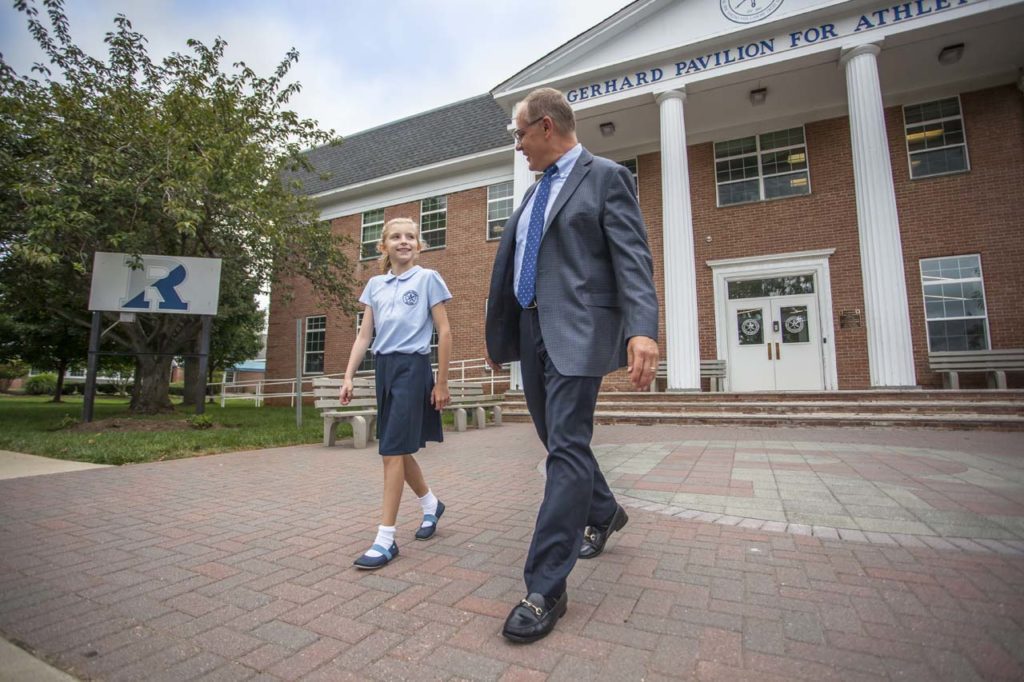
“Ranney School’s mission is to nurture intellectual curiosity and confidence to inspire students to lead honorably, think creatively, and contribute meaningfully to society,” explained John Griffith, Ranney’s head of school.
Griffith, who’s about to start his sixth year at the school’s helm, joined the institution in 2013, after serving as the headmaster of Battle Ground Academy in Franklin, Tennessee. When the New Jersey native began discussions with Ranney about potentially relocating to Monmouth County, he found himself drawn to the school’s academic approach and core principles. Looking at Ranney, he saw a course of study that was both forward thinking and flexible.
“I was really struck by the incredible academic foundation Ranney School already had and its strong college profile. It also seemed like a school that was very open to improving, and I saw the ability to move the academic program forward in interesting ways.”
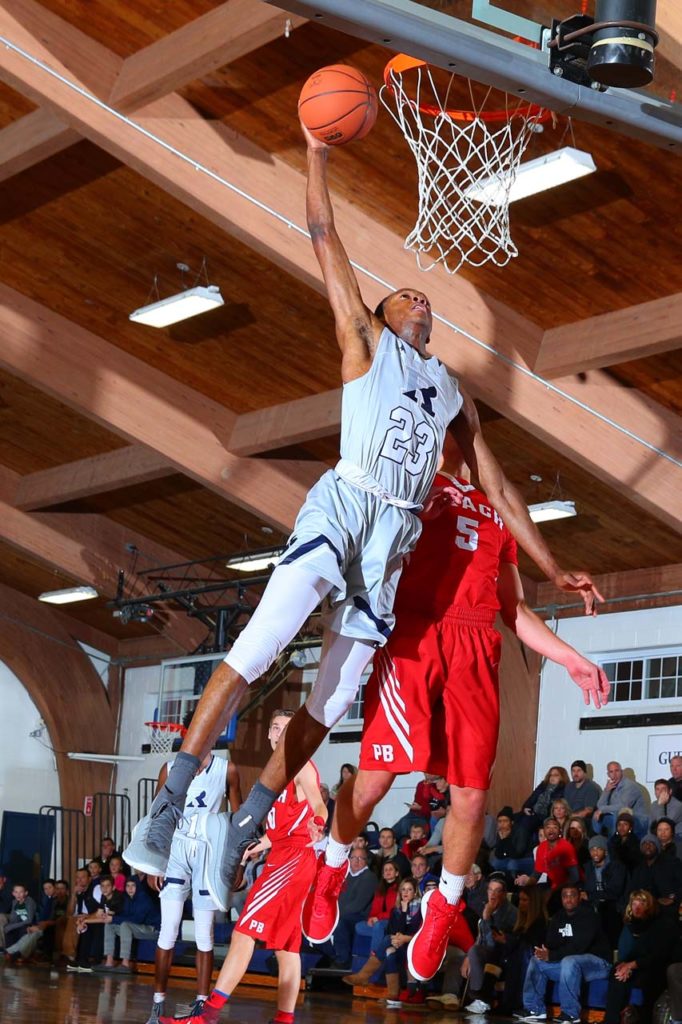
Photo by Rich Graessle
As an independent institution, the school of more than 600 students (from ages 3 to the 12th grade) is not governed by state education laws, which mandate testing requirements and the specifics of what and how a school can teach. As a result, the head of school explained, Ranney School has the freedom to design curricula that continuously evolves, and to find more innovative ways to teach and inspire. Ranney graduates have gone on to careers in a wide variety of fields, from medicine to law to entrepreneurship.
“We offer innovative opportunities for students all the way from the three year old program to 12th grade. Experiential education is a big piece of the program,” said the head of school, who began his academic career as a teacher and still teaches an English course.
The academic institution goes through periodic strategic planning initiatives, where the school’s leaders set goals for a three to five year period. Still, the programs put in place to achieve these goals are not set in stone, and they continue to develop each year to respond to the evolving needs of the students and society.
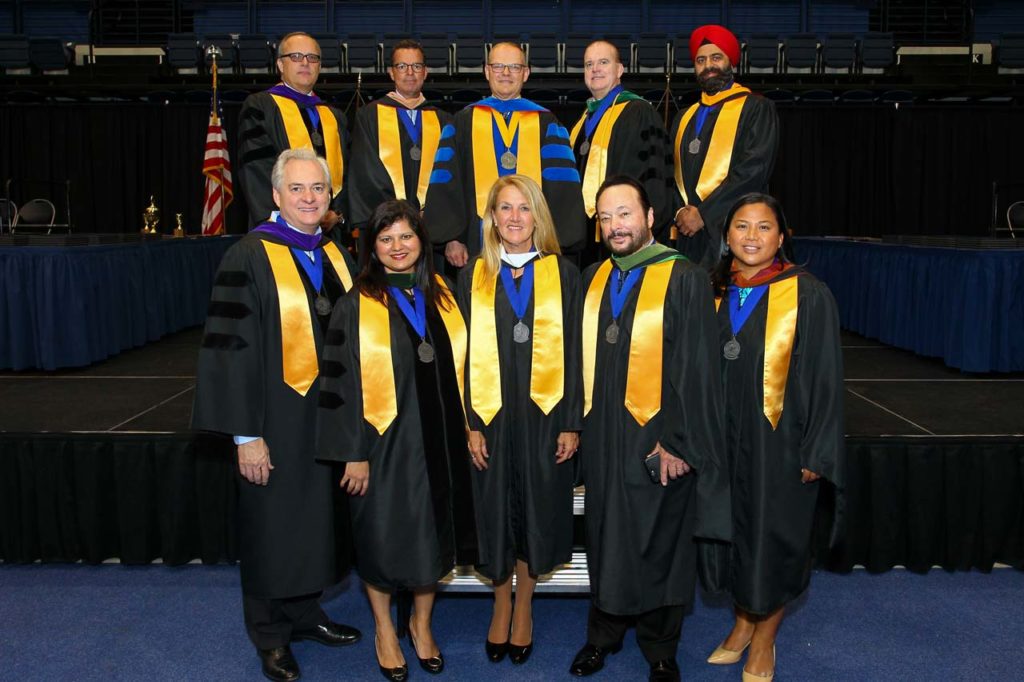
Photo by Larry Levanti
“I think the days of having a five year plan, then executing it, then moving on to the next five year plan are gone,” said Griffith. “For example, global studies and STEAM [science, technology, engineering, art, and mathematics] were always major components of the current strategic plan, but as we move forward, they have taken new directions for us and have continued to evolve within the plan.”
As Griffith pointed out, global studies is a major focal point of the academic program and is instituted in a number of ways, including a certification in the subject. Language is also an elemental component of the program. Before students enter their first year of kindergarten, they have already been introduced to three languages Spanish, French, and Mandarin. Later on in their academic careers, students will choose one of the three languages to continue studying, and are given the opportunity to take the instruction all the way through the AP level.
“It’s important to us for our students to have those cross cultural connections,” said Griffith. An additional global studies initiative making its debut for the 2018-19 school year is an experiential mini term called Maymester.
“This is a short term that allows kids to do internships, independent studies, and some non traditional coursework on campus, and also to travel internationally,” said Griffith.
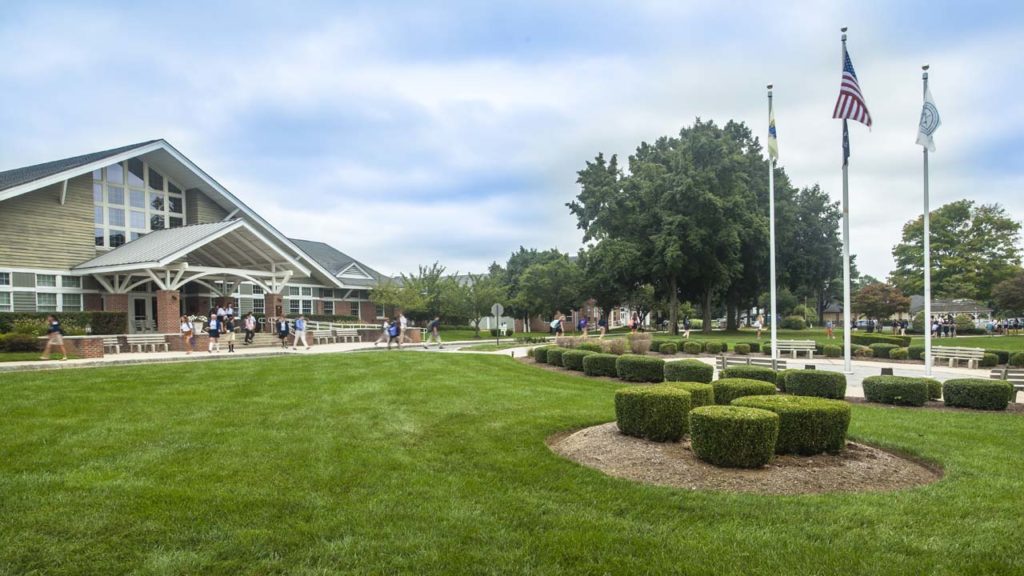
The Maymester travel program will offer, among other things, a trip to Iceland, a cultural humanities course in England, and a photography course in the Southwest. The school has also developed a relationship with New York University, and is considering sending a group of students to NYU’s Abu Dhabi campus to study international business.
Another growing focus of the strategic plan is the STEAM program. Students are introduced to computers, science, and coding at an early level. Ranney’s robotics program, which begins in the lower school and culminates in the upper school, is highly competitive on both a national and international stage. While in middle school, students have the opportunity to build a boat from the ground up and launch it on the water in Asbury Park. For aspiring engineers, a dedicated engineering class, a collaboration with the University of Texas, will be offered for the first time this upcoming school year.
“It’s an area that’s really burgeoning,” said Griffith. “We’re talking about STEAM rather than STEM, because art and design is a key component for us. The visual arts program gets integrated into the model as well.”
In addition to the school’s academic advancements, another area that has really taken off in the past several years is the athletic program. Students can participate in the more traditional sports (basketball, soccer, baseball), but there are also a number of less traditional options, including fencing and sailing.
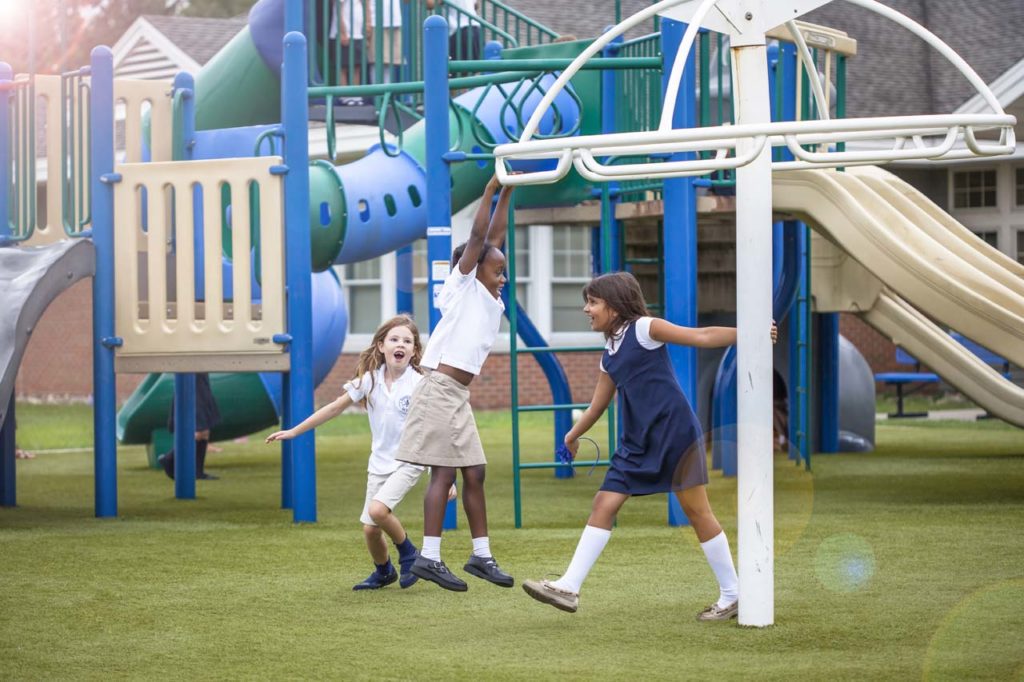
“Students have gone on to fence at the college level, and our sailing program is world class. We are also exploring the possibility of a squash club,” added Griffith. Although the programs and methods of teaching continue to evolve, college preparation is still at the core of the school’s ethos, just as it was on the first day of class in 1960. To better prepare students for their course of study after graduation, the head of school explained, college counseling begins long before these young people enter their last few years of upper school.
“The college counseling process starts at an early age,” said Griffith. “Traditionally, kids are coming into their junior year and meeting with a college counselor to launch the process. But here, it starts in middle school. We have a low ratio of college counselors to counselees, so our kids get a lot of individual attention. We talk to our students about goals very early. We get them thinking about what kind of summer opportunities they will seek out, what their extra curriculars will be, and about their next transition.”
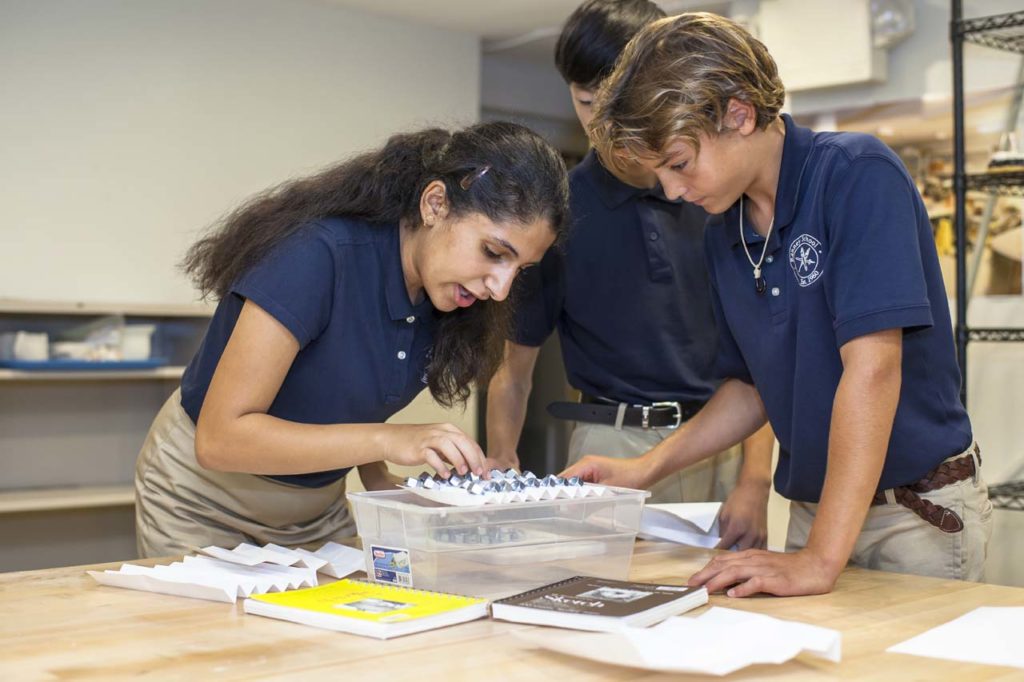
Ranney School
235 Hope Road, Tinton Falls / 732.542.4777
ranneyschool.org
